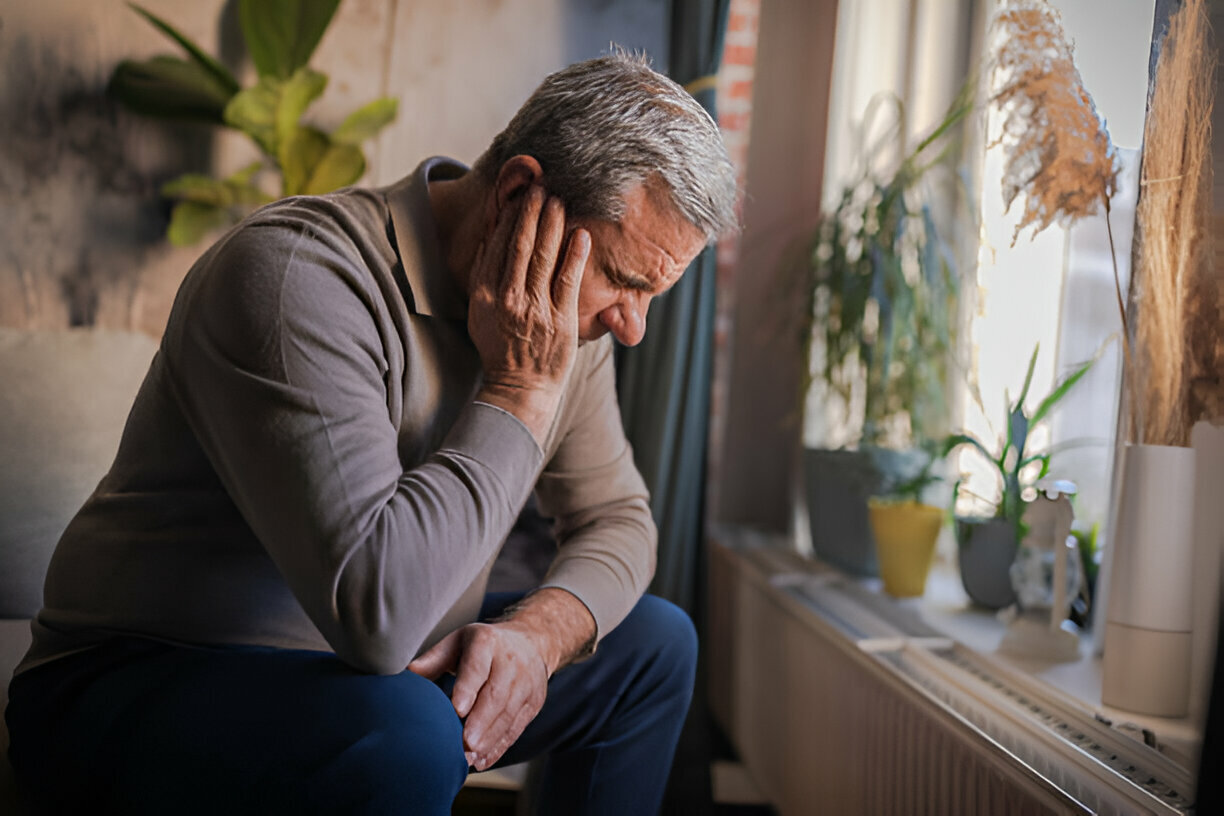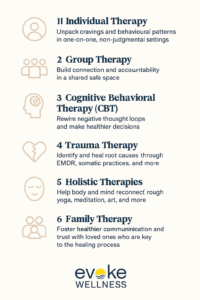Walking through the doors of a residential treatment program for the first time can feel like stepping into an entirely different world. You’ve probably asked yourself, What happens in there? Will it actually help me? Maybe you’ve even thought, I’ve failed too many times for this to work.
Here’s the truth: you don’t have to believe in yourself yet. You just have to stay curious about what’s possible. The therapies inside a residential program aren’t about fixing you—they’re about helping you understand yourself, rebuild what’s broken, and experience something many people forget exists: hope.
1. Individual Therapy: A Space Where You Don’t Have to Pretend
In everyday life, it’s easy to wear the mask. Smile, nod, deflect. Individual therapy is the place where you can take that mask off and finally tell the truth—to yourself and someone who’s trained to listen without judging.
In a residential treatment program, you’ll have regular one-on-one sessions with a licensed therapist. These sessions dig deeper than “how are you feeling today?” They help you unpack what’s behind the cravings, why certain patterns keep repeating, and how to build something healthier moving forward.
This isn’t just talking. It’s structured work that targets both your history and your future. For many, it’s the first time they feel genuinely heard—and that alone can start a shift.
2. Group Therapy: Where “Me Too” Stops Feeling Like Defeat
Group therapy often scares people before they try it. Opening up in front of strangers? Hard pass, right? But something strange happens in those circles: you realize you’re not some unique failure story. You realize other people feel the same guilt, the same fear, the same need to escape.
At first, you might just listen. That’s enough. Eventually, you might share—and the nods around the room? They’re reminders you don’t have to climb out of this pit alone. Group therapy in a residential setting creates safety, connection, and accountability that doesn’t exist in isolation.
And bonus? You might laugh more than you expect. Dark humor has a place in healing, too.
3. Cognitive Behavioral Therapy (CBT): Rewiring the Way You Think
Addiction loves autopilot. It thrives on knee-jerk reactions and negative thought loops. I’m stressed → I need to use → I screw everything up → might as well keep going.
CBT is like putting brakes on those automatic loops. In a residential program, Cognitive Behavioral Therapy helps you recognize destructive thinking patterns and practice realistic, healthier responses.
You won’t walk out of treatment “cured,” but you will walk out knowing how to challenge the lies your addicted brain loves to tell. Over time, those rewired thought patterns help you respond to life—not escape it.
4. Trauma Therapy: Facing the Root, Not Just the Symptoms
Here’s an uncomfortable truth: a lot of addiction starts as survival. Maybe you drank or used because you were anxious, depressed, or in physical pain. Maybe it was because of trauma you didn’t have words for. Trauma therapy inside a residential treatment program helps you unpack those deeper reasons—safely, and with professional support.
Modalities like EMDR (Eye Movement Desensitization and Reprocessing), somatic therapies, or trauma-informed counseling are designed to heal, not just reveal. You won’t be forced to relive every horrible moment, but you’ll learn how to stop those old wounds from writing your future.
5. Holistic Therapies: Teaching Your Brain and Body to Feel Good Again
Not everything about recovery is heavy. Holistic therapies focus on helping your brain and body reconnect in positive ways—without the need for substances. You might experience yoga, meditation, breathwork, or art therapy as part of your daily routine.
At first, it might feel awkward—especially if you’ve been disconnected from your body for a while. But here’s the goal: to show your system that you can feel peace, movement, joy, and even calm without a chemical shortcut. It’s less about becoming a “yoga person,” and more about proving to yourself that you can feel good—naturally.
6. Family Therapy: Repairing What Addiction Damaged
Addiction often breaks more than just personal health—it damages trust, love, and communication. Family therapy inside a residential program helps start repairing those breaks.
This isn’t about blame or forced apologies. It’s about learning new ways to communicate, understanding how family dynamics contributed to struggles, and figuring out how to build healthier connections moving forward. Family therapy helps your loved ones understand what you’re going through—and helps you see how you can reconnect without guilt chaining you down.
At Evoke Wellness at Cohasset, families aren’t treated like background noise. They’re part of the healing process because recovery doesn’t happen in isolation.
One Last Thing: This Isn’t About “Fixing” You
If you’re considering residential treatment, you might be battling the idea that you’re broken or beyond help. You’re not. You’re a person whose brain learned to survive in unhealthy ways—and therapy is one of the tools that helps teach it something better.
Recovery doesn’t ask you to be perfect. It asks you to be willing.
Curious about what residential treatment could look like for you? Call 866-931-6429 to explore how our residential treatment program in Cohasset, MA, can help you take a breath, take a break, and start over.
FAQs: What People Wonder Before Starting Residential Treatment
Q: Will I have a choice in which therapies I do?
A: Yes. Your treatment plan will be personalized. While certain therapies like group and individual sessions are common, your specific needs—like trauma therapy or medication-assisted treatment—will guide your care.
Q: What if therapy didn’t work for me before?
A: Many people feel that way, especially if they tried therapy in active addiction or without full support. A residential program surrounds you with multiple therapy options, full-time support, and zero outside distractions—making it far more effective.
Q: I’ve never been to therapy—what if I’m terrible at it?
A: There’s no way to be bad at healing. You show up. You speak honestly—or you listen until you’re ready. Therapists are trained to meet you where you are, not judge your starting point.
Q: How long do I have to be in residential treatment to see results?
A: Everyone is different, but studies show longer stays (30+ days) tend to have stronger outcomes. Evoke Wellness at Cohasset works with you to determine the right length of stay based on your needs, goals, and health.
Q: Can I continue therapy after leaving residential care?
A: Absolutely. Continuing care is crucial. We help set up aftercare plans including outpatient therapy, alumni programs, or ongoing group sessions to support your transition back to everyday life.





